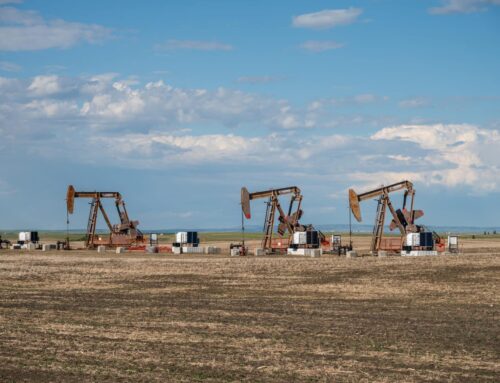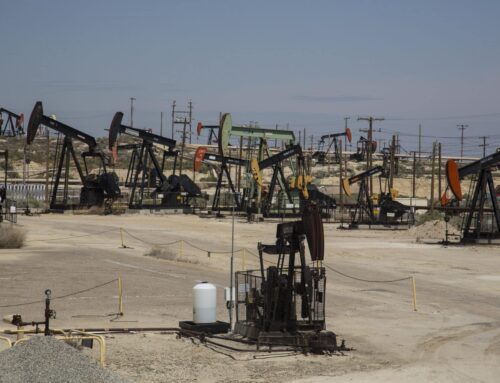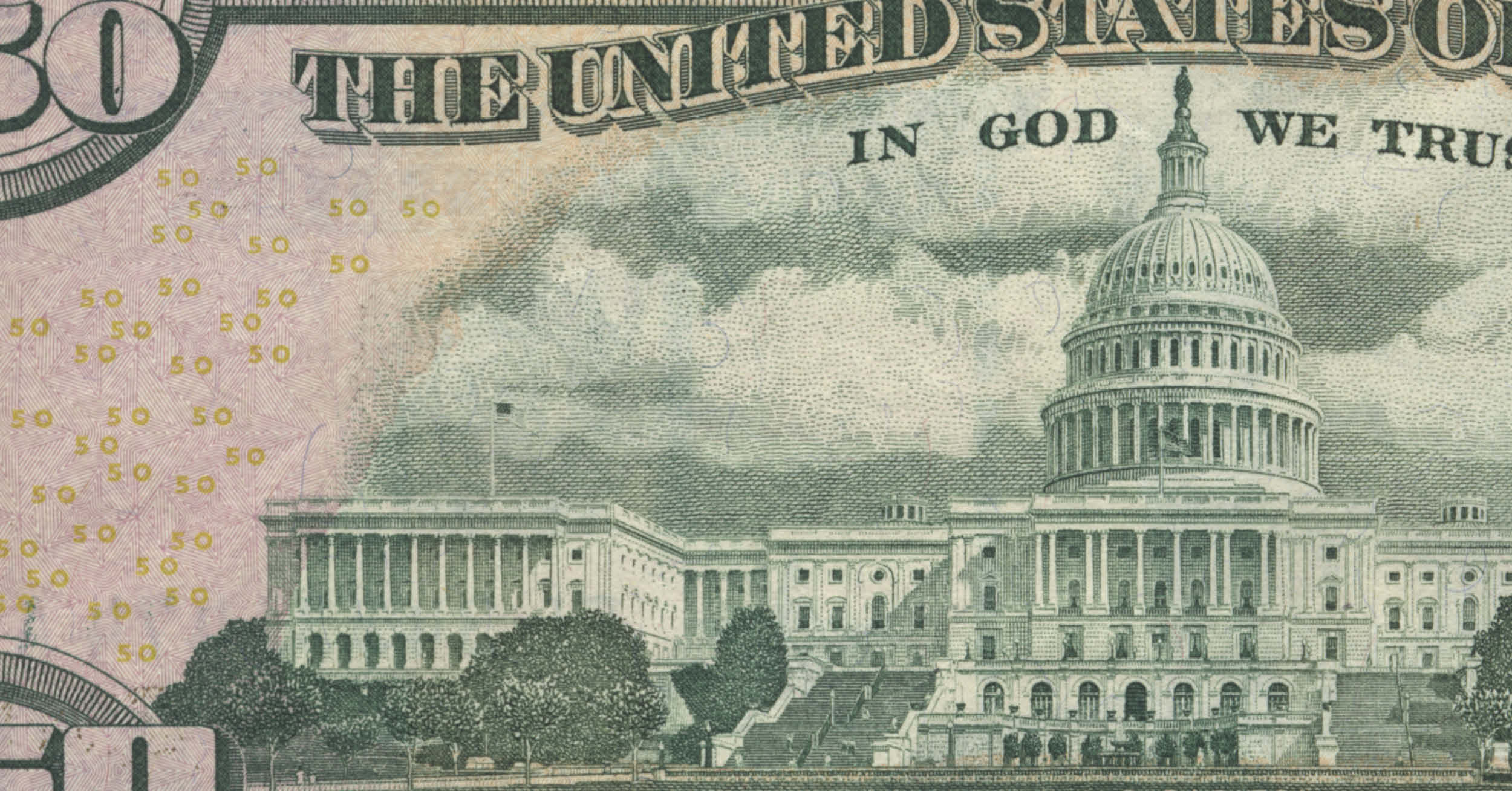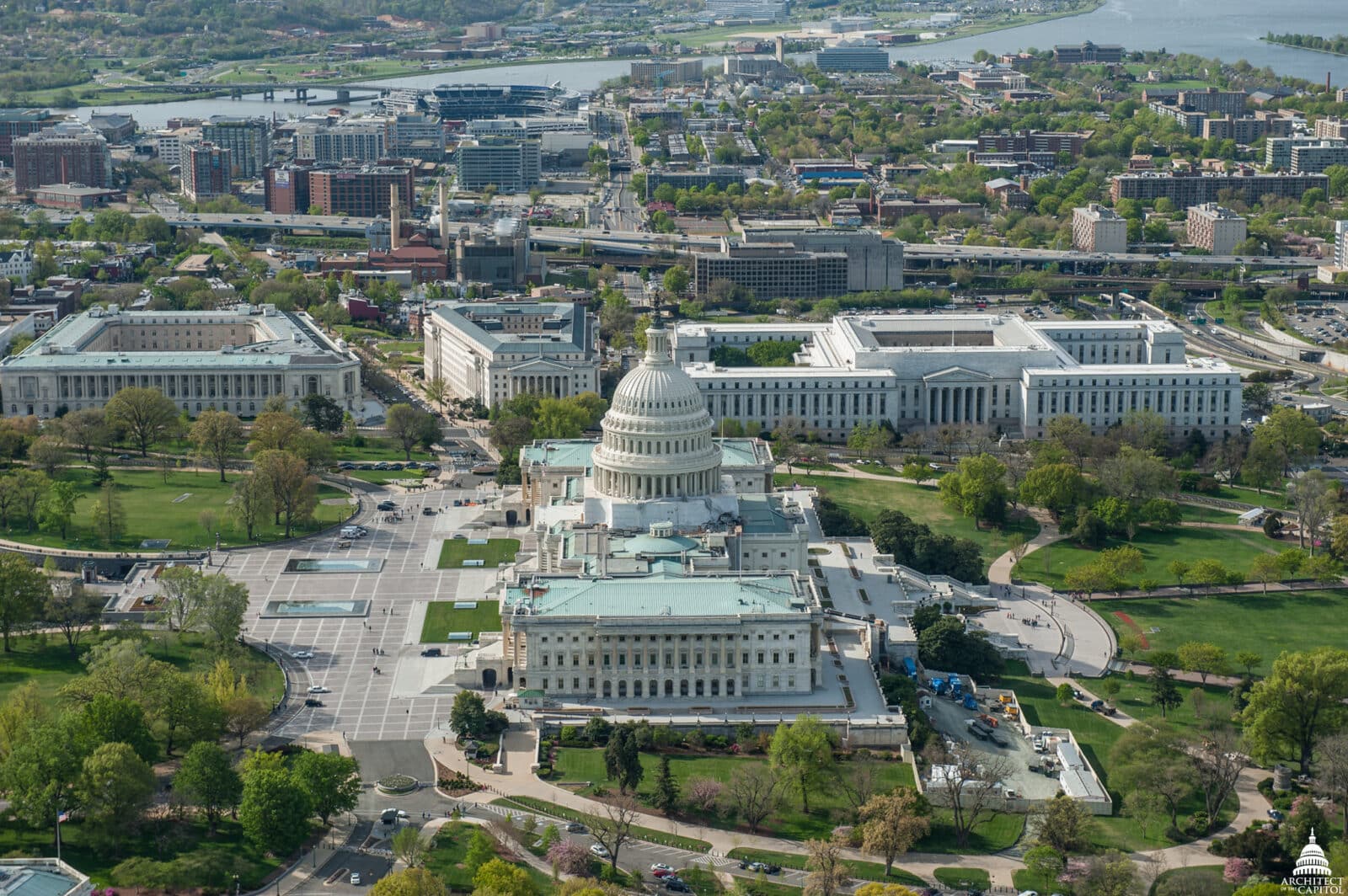On Wednesday, the U.S. Forest Service (USFS), within the U.S. Department of Agriculture (USDA), announced its final rulemaking “Special Areas, Roadless Area Conservation: National Forest System Lands in Alaska” (RIN: 0596-AD51).
Today’s rule repeals the 2020 Alaska Roadless Rule (85 FR 68688) and restores roadless protections in the Tongass National Forest. This decision will once again prohibit road construction, reconstruction, and timber harvest in 9.37 million acres of the Tongass National Forest in Alaska.
In response Taxpayers for Common Sense released the following statement from vice president Autumn Hanna:
“Reinstating the Roadless Rule in the Tongass National Forest is a win for taxpayers. For far too long taxpayers have subsidized money losing timber sales in the Tongass. The 2020 repeal of the two-decade old Roadless Rule was a blatant giveaway to the timber industry. Not only would America get hit in the pocketbook with the high costs of additional logging and roadbuilding in hard to access areas, the reckless repeal also risked irreversibly damaging our largest national forest and the many economic and climate benefits it provides. Today’s decision to end a massive giveaway for the timber industry is a common sense step forward for taxpayers.”
Background on the 2020 Alaska Roadless Rule
The Tongass National Forest in Southeast Alaska is the nation’s largest national forest at 16.7 million acres. In 2001, the Forest Service implemented the Roadless Rule, which prohibited road construction, reconstruction, and timber harvesting on 58.5 million acres of national forests across the country, including 9.2 million acres in the Tongass National Forest.
In 2020, the Forest Service removed these roadless protections in the Tongass National Forest through the 2020 Alaska Roadless Rule. TCS believes that exempting the Tongass National Forest from the Roadless Rule will result in negative economic and associated environmental impacts. Money-losing timber sales and costly logging roads too often take priority in the Tongass, threatening wildlife and indigenous communities. The Forest Service has and continues to administer timber sales in the Tongass that generate net losses for taxpayers; the program lost taxpayers roughly $1.7 billion between FY1980 and FY2019. Without reinstating Roadless Rule protections in the Tongass, heavily subsidized timber sales would expand and lock in taxpayer losses for many years to come.
Forests are also natural carbon sinks that help mitigate the effects of climate change – intensified hurricanes, flooding, wildfires, and drought. As we are seeing now, these natural disasters cost taxpayers billions in damages and emergency spending every year, and these costs are growing.
Read more information on the Roadless Rule and the Tongass National Forest here:
- Comments to the US Forest Service on the Restoring Alaska Roadless Protections: Comments on the U.S. Forest Service’s 2021 proposed rule “Special Areas, Roadless Area Conservation: National Forest System Lands in Alaska.”
- Administration to Finalize Roadless Rule Repeal Next Week: Analysis of the 2020 Alaska Roadless Rule.
- Cutting Our Losses after 40 Years of Money-Losing Timber Sales in the Tongass: Report documenting 40 years of money-losing timber sales in the Tongass National Forest.
- TCS Testimony to House Natural Resources Subcommittee: TCS Vice President Autumn Hanna’s testimony before the Subcommittee on National Parks, Forests and Public Lands on the impacts of removing national forest roadless protections.













Get Social